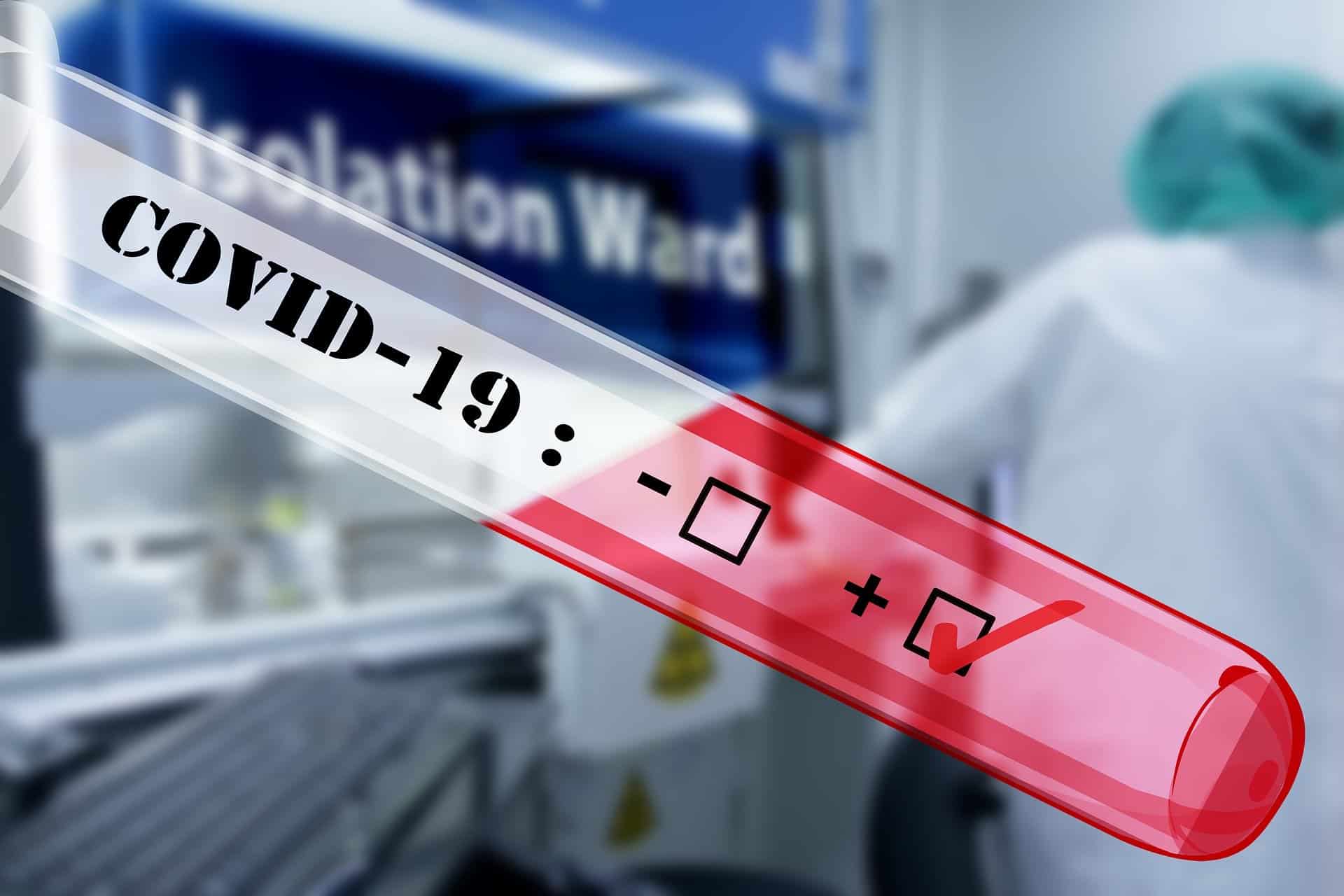The Manx Government announced on Sunday 29 March that when on-island testing of Coronavirus commences in coming weeks, the on-island facility will have the capacity to conduct just 60 tests per day. This is the wrong approach. This is a bad approach. It must change. We need a more positive approach to increase testing, not reduce testing.
Once we’ve got the on-island testing facility up and running, obviously it will still be limited by the amount that can be processed at any one time, so we would be looking to keep that average of around about 60 tests a day. In terms of turnaround, it would literally depend upon the numbers going through the testing centre, but we would hope to have most results within 48 hours.
Manx Health Minister David Ashford on 29 March
We know “that the large majority of coronavirus infections do not result in symptoms” – but the Manx Government’s testing regime of only 60 people a day means that they must ration testing to the people most likely to have the disease: people who have symptoms. That means that for every person who tests positive with the disease, there are an unknown number of people who have the disease and are not tested – because they live with someone who has the disease, or because they do not have symptoms. This means that there are probably hundreds more Manx people who have the disease, but have not been tested. Some of those people may be unknowingly spreading the disease workers in our community by going on their weekly shop, or as essential workers.
It is true that until now, the amount of tests conducted per capita on the Isle of Man has been higher than other large nations, but roughly similar to smaller island nations like Iceland, Bahrain, and so on (at around 10,000 tests per million). Looking ahead, however, Governments across the world are looking to increase testing. The Isle of Man should follow suit, so that infected people can be identified and stop spreading the disease.
How can we increase testing?
Clearly, virus testing is limited by the available facilities : both in terms of the physical infrastructure, and the number of staff that are available. This will require the Isle of Man to expand facilities, and/or increased utilisation of existing facilities. Israeli researchers, for example, have found strong evidence that “implementation of a pool test for COVID-19 would allow expanding current screening capacities thereby enabling the expansion of detection in the community, as well as in close integral groups, such as hospital departments, army units, or factory shifts.”
Indeed, Israel is trying to overcome the same problem that the Isle of Man has:
Right now, testing people for COVID-19 is one of the critical bottlenecks preventing rapid monitoring, control, and treatment of those who carry the potentially deadly virus. At present, only those Israelis displaying symptoms associated with the disease, or people who have been in contact with the infected, or who returned from abroad have been tested; the current testing figure has now reached around 3,000 per day in Israel. Yet with lab personnel joining those infected and being put into isolation, virology lab facilities have been overwhelmed.
Tablet, 27 March 2020
In addition, the Manx Government should allow private testing facilities to operate, and scale up the testing facilities available to the people of the Isle of Man.


Leave a comment